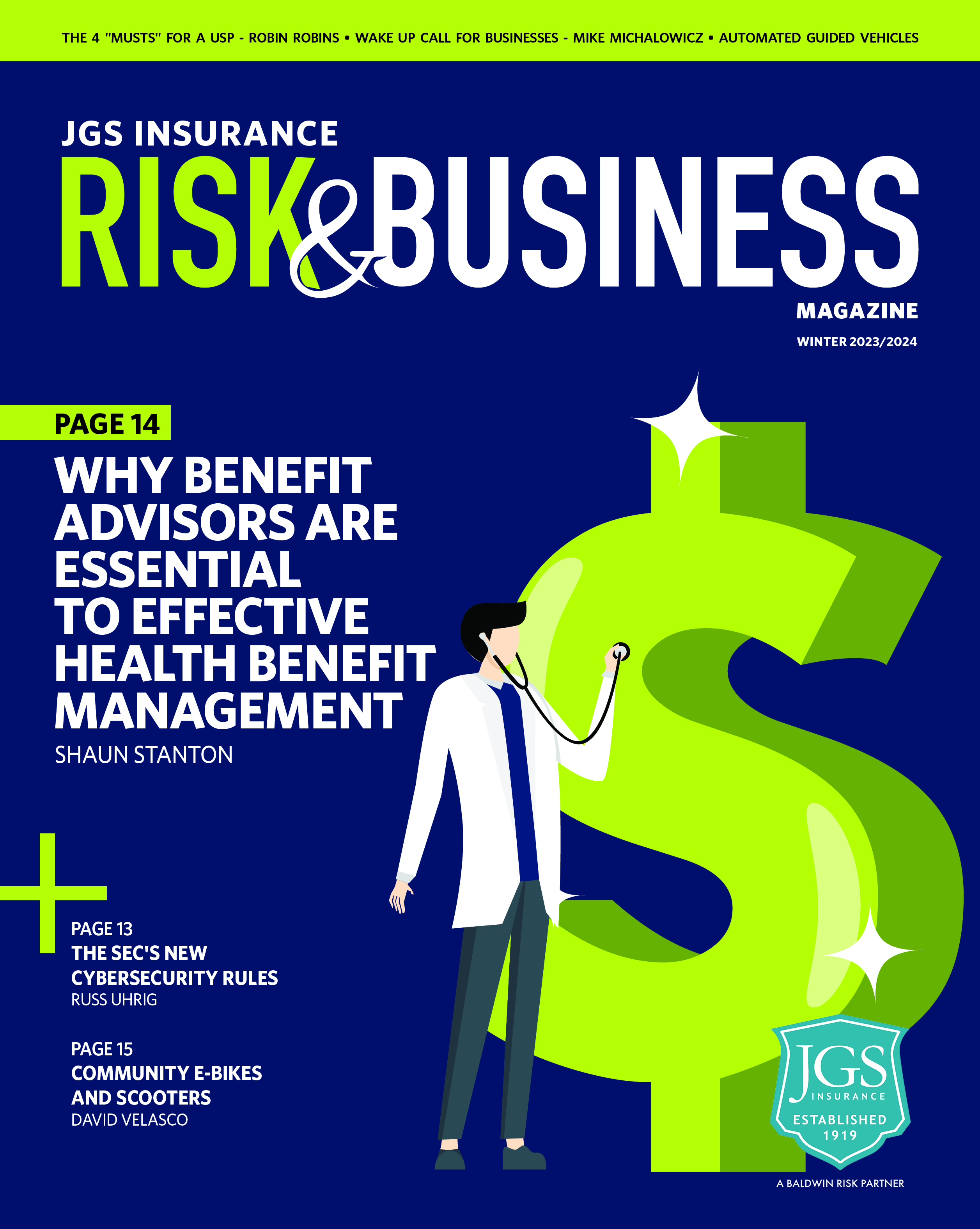By Barry Fields, Vice President, Employee Benefits
The President signed into law an emergency stimulus package designed to deliver approximately $900 billion in COVID-19-related aid. Notably, the bill provides funding for unemployment benefits, small businesses, direct economic payments to individuals, vaccine distribution, etc. Specifically related to employee benefits, the package also includes provisions for protecting patients against unfair medical billing practices, employee friendly provisions for Flexible Spending Accounts, and an extension of FFCRA Tax Credits.
The below documents provide an overview of what is included within the emergency relief bill:
Beware of This Text Scam Involving Stimulus Checks
Congress Passes Surprise Medical Bill Ban as Part of Stimulus Bill 122220
Understanding the 900B Stimulus Package (here you will find there is a link to the 5,593 page text of the stimulus bill)
Stimulus Bill Extends FFCRA Tax Credits but Not Leave Mandate
Here are highlights of a few provisions:
- To address the very common and frustrating situation where patients unexpectedly receive care from out-of-network health care providers like anesthesiologists and emergency room doctors, the legislation requires the providers to agree with health plans on a payment amount instead of billing patients for the unpaid balances.
- Permits health and dependent care flexible spending arrangements (FSAs) to carryover all unused amounts from 2020 to 2021 and from 2021 to 2022, and also allows a 12-month grace period for unused benefits or contributions in health and dependent care FSAs for plan years ending in 2020 or 2021.
- While the bill does not extend the leave mandates created by the Emergency Family and Medical Leave Expansion Act (EFMLA) and the Emergency Paid Sick Leave Act (EPSLA), which expire on December 31, 2020, the bill does extend the time limit for employer tax credits for employee leave required by those laws. As a result, the requirement for employee paid sick leave and expanded family and medical leave will end on December 31, 2020, the original expiration date of the entitlement, but tax credits will apply to EFMLA and EPSLA leave offered by employers through March 31, 2021.
- The bill allocates $284 billion in funding to replenish the Paycheck Protection Program (PPP), which provides forgivable small business loans to eligible applicants. Under the bill, certain firms that had already applied for, received and exhausted PPP funds will be eligible to apply for another PPP loan. To be eligible for a second PPP loan, a small business must have less than 300 employees and have sustained at least a 30% loss in revenue during any quarter of 2020. Additionally, small 501(c)(6) organizations with 150 or fewer employees that are not lobbying organizations would be eligible for a PPP loan with this round of funding.
- Expansion of expenses eligible for loan forgiveness to include supplier costs and investment costs related to modifying facilities and obtaining personal protective equipment for safety.
- Confirmation that business expenses paid for with PPP loan funds are tax deductible.
